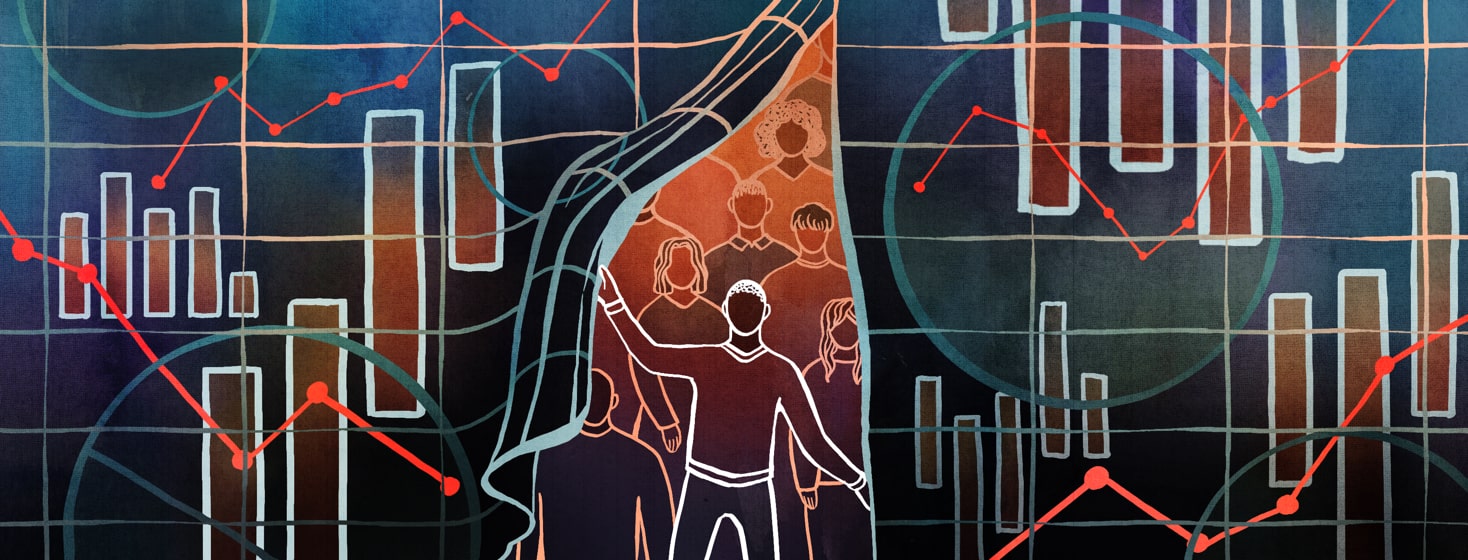Trust Yourself, But Do Your Research
How much do we let the media, the internet, influence our thinking? Self-help books always seem to assume there’s something wrong with us. Something that only buying their books, taking their course, or signing up for their classes or products can fix.
A problem to be fixed
Home makeover shows on TV assume there’s something wrong with our homes. Perhaps they just need to be updated, or maybe a complete design overhaul is the best idea. Some expert will show us how we can fix everything from our thinking to our kitchen sink.
Yet another will diagnose the cause of our less than perfect complexion, or hair, and sell us a cream, a supplement, a gadget. One that works amazingly for some very famous person.
It's time to start asking questions
When did we stop believing in ourselves and start considering that others may know more about us than we do? Sometimes even a person with no real training or experience. What are their qualifications? Why do we occasionally let these “gurus” make us question ourselves and everything we’ve learned so far? Or perhaps question the things our parents and grandparents have passed down to us? (Which sometimes needs to be questioned). Is it that we’ve tried everything else and we’re desperate? Perhaps it’s the hope we all have at some point that this time might be different
Look for reputable sources
If the information is coming from a reputable source, go for it! Try it! Although only after doing the necessary due diligence. Eliminate that food, buy the new cream, sign up for the class. But we need to get back to checking things out for ourselves. If I write an article, please check the references I used. Do you feel they’re reputable? Are they from a nationally recognized organization such as The National Eczema Organization? Or perhaps from the Mayo clinic or a well-known university? Has what we’re reading, hearing or watching come from evidence-based research, insights, and opinion?
These are questions I ask myself as I follow wherever my research leads. If I find a statement questionable I can easily check it out from other sources. Much easier now than when a library was the main source of information. If it’s a new ingredient touted to be the best thing since sliced bread, even just using scholar.google.com to investigate will probably find some compelling evidence for or against it.
Personal stories
People’s personal stories are a different thing altogether. They’re just that. Someone’s personal experience that they’re sharing. With the hope it may help another suffering from the same problem. Someone who has taken the time to tell us what worked, or didn’t, for their particular situation. They’re not trying to sell us anything. They’ve been there. They know what we’re going through. Perhaps they’ve read a question and think what worked for them may be the answer. Sometimes that story is just a way of sorting out their own thoughts. Writing it down makes it more real, and reading what’s been put on paper, or screen, could even bring a different outlook on the problem.
If you have a story to share that you think might possibly help even one of us, whether it’s a solution you’ve found, or just an “I’ve been there” moment, we’d love to hear it! Please share with us here.

Join the conversation